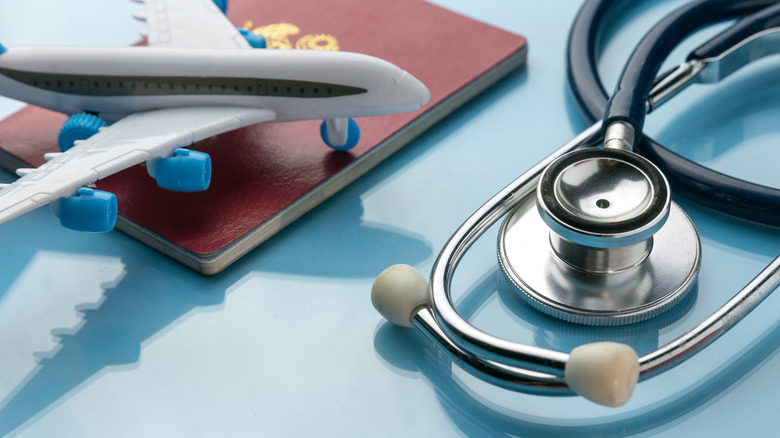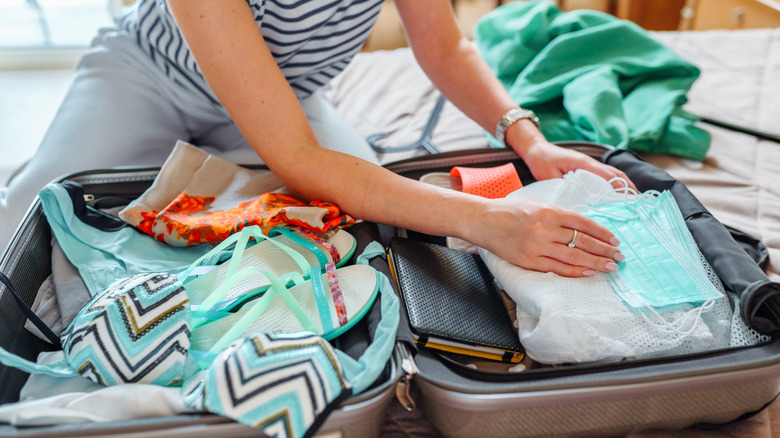Between all the itinerary planning, bookings, and packing, it’s easy to overlook the unlikely but very real possibility of falling ill during your travels. Even your trusty travel medicine kit is unlikely to be able to cover any significant health issues that may crop up. While anywhere outside of your hometown can be a stressful place to require medical attention, things can get increasingly complicated and overwhelming in a foreign country. It’s no surprise that one of the things travel guru Rick Steves says to always do before traveling is to check your medical needs. This can include ensuring all your routine vaccines are up to date and that you have enough of your prescriptions while traveling. Equally important is to check what vaccines and medications you may need to stay safe at your destination, and this is where travel clinics come in.
While you can do your own research and check the CDC’s travel advisory page for your destination, a travel clinic will have a healthcare professional look at your itinerary. They will check if you require vaccinations for certain destination-specific illnesses or need to have a dose of certain preventative medication before embarking on your trip. A visit to the travel clinic could also help you save on unnecessary expenses if the professional decides that you have a low or no risk of a certain ailment. Furthermore, you can even get advice on what your travel insurance should cover depending on your destination’s risk level.
Travel clinics can give travelers important medical advice and don’t cost too much
Since travel vaccines are varied and not used as frequently as routine medications, regular clinics may not have them on hand. When getting such non-routine vaccines, you need to do it at the advice of a trained professional who can look at your medical history and ensure it is safe to get. Depending on your destination, you may have to get vaccinated for typhoid, yellow fever, cholera, or more. Many tropical countries also pose the threat of malaria, which can be mitigated with a medication that must be started before traveling. Because some vaccinations may require multiple doses, it’s best to get in touch with a travel clinic about four to six weeks before you plan on traveling.
When it comes to finding a travel clinic, it’s a good idea to check with your local healthcare department or provider first. Alternatively, you can find travel clinics using the International Society of Travel Medicine directory. Yellow fever vaccination clinics are also an option, and they can sometimes help you with other vaccines, as well. While prices may vary, a visit to a travel clinic is generally not too expensive. Many times, a pre-travel consultation will cost under $100, but prices can go up for more complicated consultations, like if you’re visiting several countries that all require different medical advice. Also, note that the cost of the vaccines and medications is not included in these charges, and they may or may not be covered by your health insurance provider.



